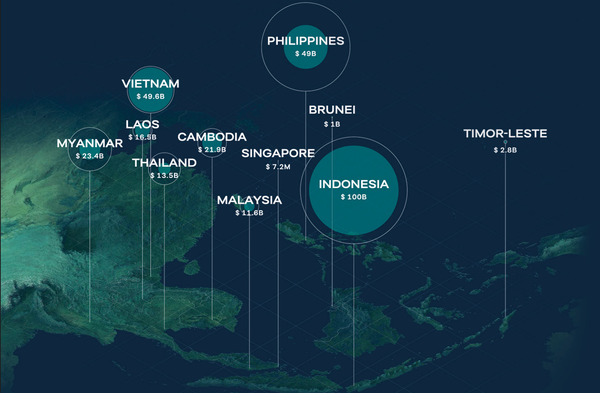
SEA turns to China as Western aid retreats – Lowy report
A new Lowy Institute report shows how Western aid cuts and rising loans from China, the Asian Development Bank and the World Bank are reshaping development finance across Southeast Asia.
A collection of 7 posts

A new Lowy Institute report shows how Western aid cuts and rising loans from China, the Asian Development Bank and the World Bank are reshaping development finance across Southeast Asia.
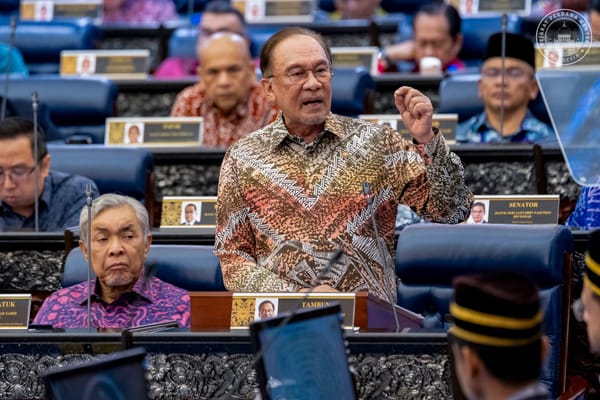
Trump’s attendance would mark the first time a Republican president has attended an Association of Southeast Asian Nations (ASEAN) leaders’ meeting, following several years of lower-level US representation.
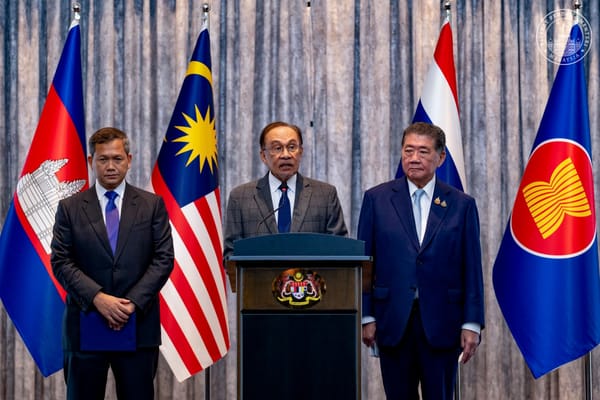
The ceasefire was negotiated in Malaysia after 5 days of deadly clashes that killed at least 43 people and displaced over 300,000. Although the agreement was declared “immediate and unconditional”, field commanders on both sides reported violations within hours.
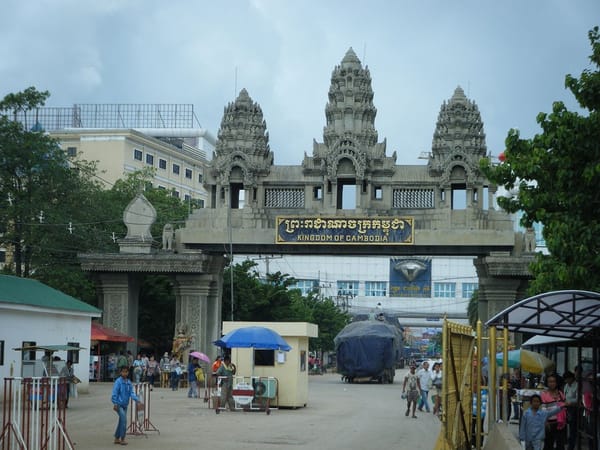
The United Nations Security Council (UNSC) convened a closed-door session on 25 July at Cambodia’s request, in response to what became Southeast Asia’s most severe interstate conflict in over a decade.
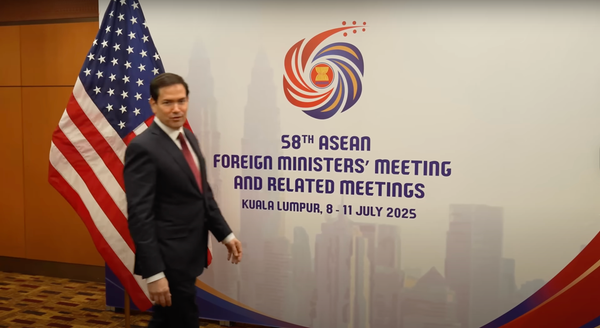
Southeast Asia (SEA) governments are seeking clarification and concessions after US Secretary of State Marco Rubio’s first official visit to the region, which followed the Trump administration’s decision to issue new tariff notices to nearly all ASEAN countries.
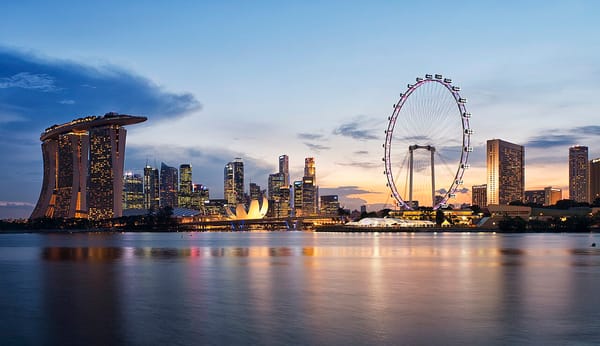
A new report from Transparency International (TI) sees mixed results for Southeast Asia (SEA) with Singapore maintaining its position as the region’s least corrupt nation, while Malaysia and Thailand grapple with governance challenges. “Asia Pacific is home to a third of the world’s population, has the second largest
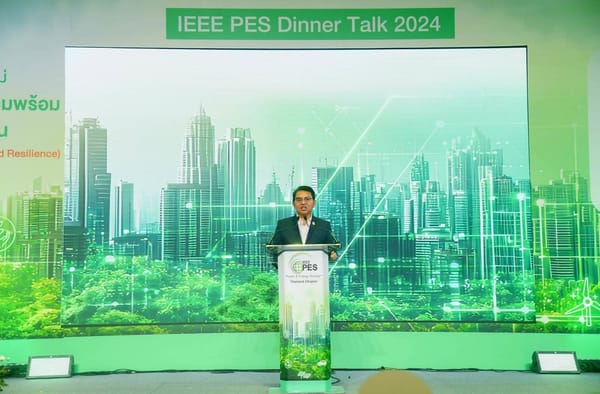
Thai electricity authorities will increase renewables in the energy mix in the national grid while securing new domestic energy sources, reducing reliance on imports and bolstering energy independence, according to the Thailand government’s strategic policy for 2025. The three key electricity authorities – the Electricity Generating Authority of Thailand (EGAT)